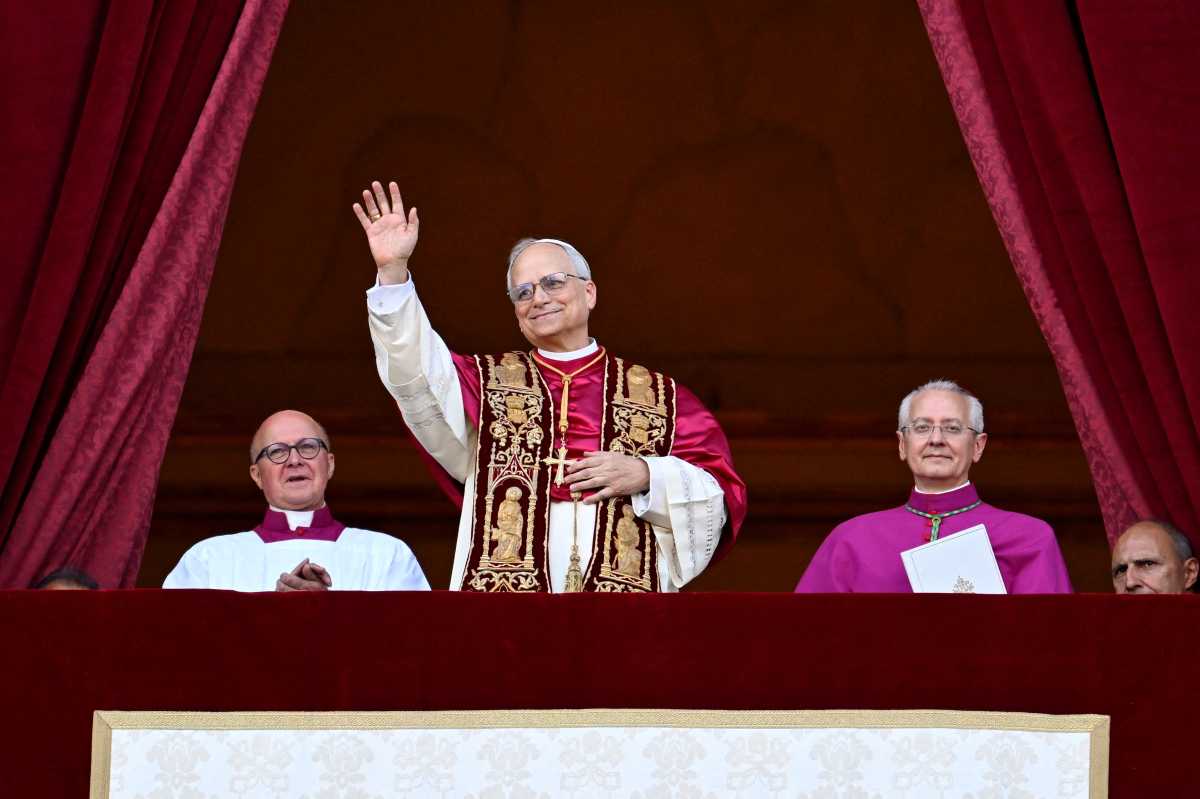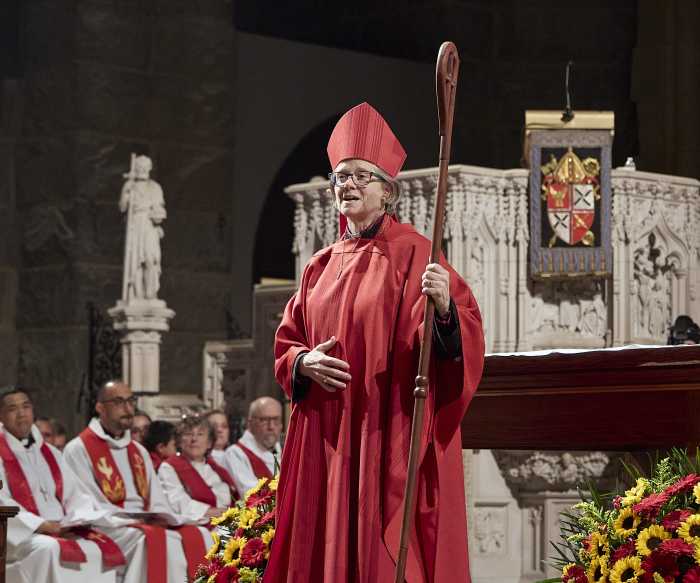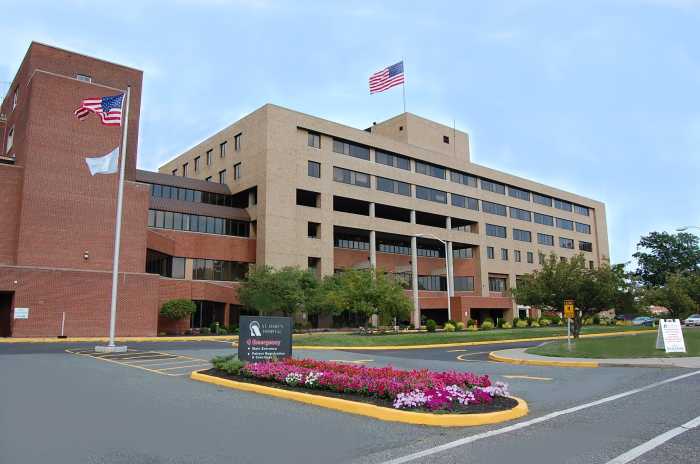Wasting little time, LGBTQ groups welcomed Pope Leo XIV to his new post shortly after white smoke billowed from the chimney at the Sistine Chapel on May 8 to signal the election of the Catholic Church’s next leader.
The historic moment, however, was shrouded in uncertainty about Pope Leo XIV’s approach to queer issues in the church — especially given his record of anti-LGBTQ statements in the past and the Catholic Church’s longstanding resistance to queer rights.
Formerly known as Cardinal Robert Prevost, the Chicago-born Pope Leo XIV is the first American and Peruvian pope. He was an ally of the late Pope Francis, who became known throughout his tenure for his oft-quoted 2013 remarks: “If someone is gay and he searches for the Lord and has good will, who am I to judge?” But the church remains hostile to the LGBTQ community, and many of Francis’ negative comments about LGBTQ people were not as widely publicized. In 2024, for example, Francis described transgender individuals with the same kind of offensive rhetoric often voiced by President Donald Trump, calling “gender ideology” the “ugly ideology of our time,” according to Vatican News.
According to the New York Times, Pope Leo XIV criticized the west in 2012 for fostering “sympathy for beliefs and practices that are at odds with the gospel,” citing the “homosexual lifestyle” and “alternative families comprised of same-sex partners and their adopted children.” It is unclear whether the new pope’s views have changed since then.
Francis DeBernardo, the executive director of the 48-year-old LGBTQ Catholic group known as New Ways Ministry, said in a written statement that “we pledge our prayers for [Pope Leo XIV] as he assumes the momentous role of shepherding Catholics worldwide.” DeBernardo expressed hope that Pope Leo XIV’s “heart and mind have developed more progressively on LGBTQ+ issues, and we will take a wait-and-see attitude to see if that has happened.”
“Pope Francis opened the door to a new approach to LGBTQ+ people; Pope Leo must now to guide the church through that door,” DeBernardo said. “Many Catholics, including bishops and other leaders, remain ignorant about the reality of LGBTQ+ lives, including the marginalization, discrimination, and violence that many still face, even in Catholic institutions. We hope that he will further educate himself by meeting with and listening to LGBTQ+ Catholics and their supporters.”
On some issues, the new pope appears to offer a more moderate position. His X account features multiple posts criticizing Vice President JD Vance’s stance on immigration. He reposted an opinion article in the National Catholic Reporter headlined “JD Vance is wrong: Jesus doesn’t ask us to rank our love for others.”
Marianne Duddy-Burke, who leads another LGBTQ Catholic group known as DignityUSA, said her organization “joins many around the world in offering our prayers and best wishes to Cardinal Robert Prevost, now Pope Leo XIV, as he begins his service to our church and the world in this new role.”
And yet, like DeBernardo, Duddy-Burke warned that DignityUSA is concerned with the new pope’s 2012 statements.
“We pray that Pope Leo XIV will demonstrate a willingness to listen and grow as he begins his new role as the leader of the global Church,” Duddy-Burke said. “We also hope that Pope Leo XIV will have the moral clarity that will enable our church to continue to confront the many critical issues facing the entire global community, as well as to address the injustices and inequities that continue to plague our church itself.”
Jeffrey Stone of Dignity/New York, a local chapter of DignityUSA, told Gay City News in a phone interview that he finds it intriguing that the church went with an American-born pope.
“He has made some problematic statements in the past, for sure, but we’re hoping that since he was someone who was close to Francis, the cardinals have chosen to continue to go in the ‘Francis’ direction, for lack of a better term,” Stone said. “Even with Francis, sometimes it was two steps forward and two steps back.”
Stone added that the new pope’s international backgorund could resonate with New York’s large immigrant community. He has dual citizenship in the US and Peru and speaks at least five languages, according to reports.
“He didn’t say a word in English [during his opening remarks],” Stone said. “We’re going to hear that, I’m sure, but at least at this moment, he chose to speak in Italian and Spanish, and maybe he’s downplaying his American roots.”



































